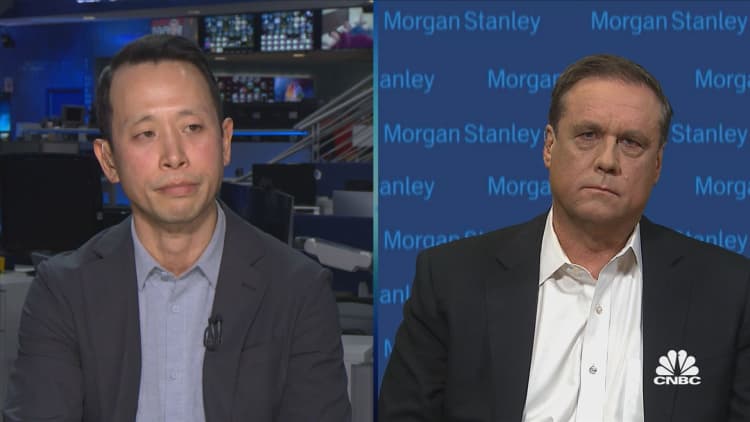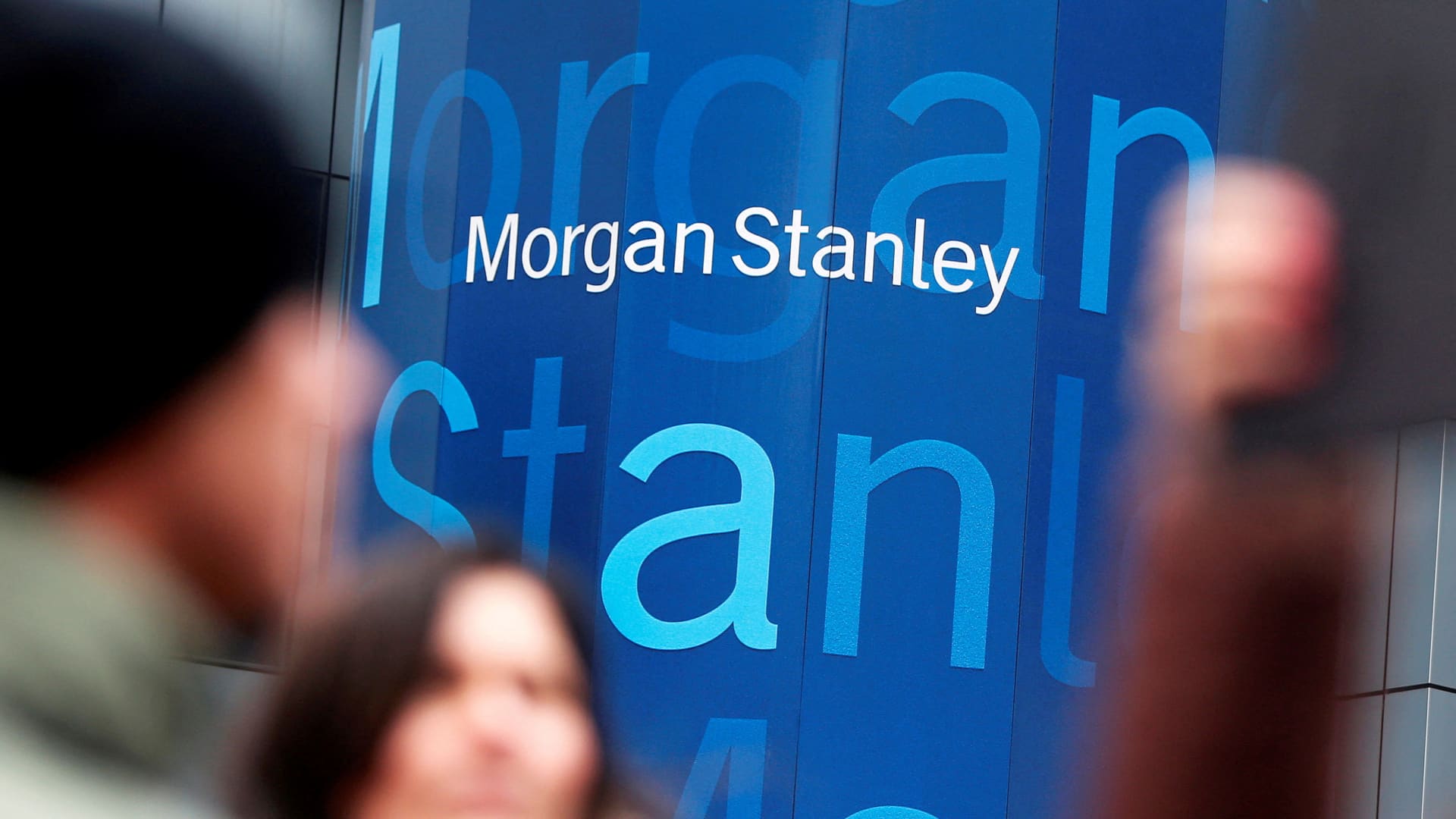The logo of Morgan Stanley is seen in New York
Shannon Stapleton | Reuters
Morgan Stanley has officially kicked off the generative-AI era on Wall Street.
The bank plans to announce Monday that the assistant it created with OpenAI’s latest generative AI software was “fully live” for all financial advisors and their support staff, according to a memo obtained by CNBC.
“Financial advisors will always be the center of Morgan Stanley wealth management’s universe,” Morgan Stanley Co-President Andy Saperstein said in the memo. “We also believe that generative AI will revolutionize client interactions, bring new efficiencies to advisor practices, and ultimately help free up time to do what you do best: serve your clients.”
Morgan Stanley, a top investment bank and wealth management juggernaut, made waves in March when it announced that it had been working on an assistant based on OpenAI’s GPT-4. Competitors including Goldman Sachs and JPMorgan Chase have announced projects based on generative AI technology. But Morgan Stanley is the first major Wall Street firm to put a bespoke solution based on GPT-4 in employees’ hands, according to Jeff McMillan, head of analytics, data and innovation at Morgan Stanley wealth management.
Called the AI @ Morgan Stanley Assistant, the tool gives financial advisors speedy access to the bank’s “intellectual capital,” a database of about 100,000 research reports and documents, McMillan said in a recent interview.
By saving advisors and customer service employees time when it comes to questions about markets, recommendations and internal processes, the assistant frees them to engage more with clients, he said.
Human speech
The tool, a simple window of text, belies the difficulty in making sure the program would produce quality responses, according to McMillan. The bank spent months curating documents and using human experts to test responses, he said.
One adjustment for advisors is that they’ll need to phrase questions in full sentences as though they were speaking to a human, instead of leaning on keywords like with a search engine query, said McMillan.
“No different than how I would ask you a question, that’s how you talk to this machine,” he said. “People are not accustomed to that.”
It’s just the first in a series of solutions based on generative AI planned by the bank, according to McMillan. The firm is piloting a tool called Debrief that automatically summarizes the content of client meetings and generates follow-up emails.
‘Completely disruptive’
Using OpenAI software required a fundamentally different approach than with previous technology efforts, he said. OpenAI’s ChatGPT uses massive language models to create human-sounding responses to questions.
“The traditional way in which you would solve those things is you would write code,” McMillan said. “In the new world, you give examples of what `good’ looks like, and the system learns what good is. It’s actually able to ‘reason’ and apply logic that a human would apply.”
Excitement over AI has bolstered the stock market this year and forced entire industries to contend with its implications, leading some experts to declare it the next foundational technology.
“I’ve never seen anything like this in my career, and I’ve been doing artificial intelligence for 20 years,” McMillan said. “We saw a window of opportunity that was just completely disruptive, and I think as an organization, we didn’t want to get left behind.”


